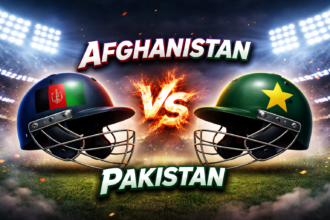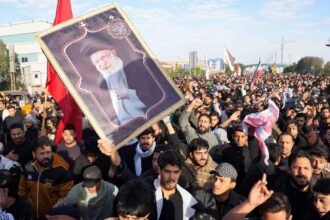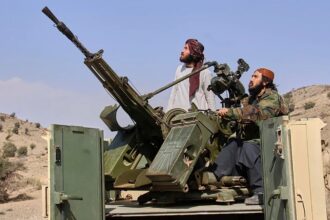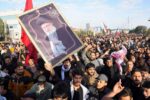For the first time, the European Union’s top leadership will be chief guests at India’s Republic Day, marking a defining moment in a fast-deepening partnership built on trade, trust, and strategic balance.
In a bold diplomatic step, India will invite the single most powerful body of the European Union—European Commission President Ursula von der Leyen and European Council President Antonio Costa—to be the chief guests of the 2026 Republic Day celebrations. This would be the first time the EU’s twin leadership attends the event together, thus highlighting the ceremoniousness of goodwill and not only progressing to a mature, multifaceted partnership.
Strengthening an evolving relationship
The formal invitation is underway with announcements expected shortly from both New Delhi and Brussels. This invitation reflects the warmth in India-EU relations that have gained new momentum this year. The visit of the College of Commissioners of the EU to India in February opened the way for the enhanced cooperation in trade, technology, security, and people-to-people relations.
The decision to entertain the EU top leadership comes when both parties are putting their best foot forward to finalize a long-pending Free Trade Agreement. Almost half of the 23 chapters of the FTA are done and dusted. Issues that remain—such as agriculture, wine imports, cars, insurance, and banking—are being negotiated. Commerce Minister Piyush Goyal’s meetings in Brussels with EU Trade Commissioner Maros Sefcovic are aimed at speeding up the talks. The two sides have agreed to conclude the discussions by December.
Sefcovic referred to the talks as “very engaging” and “targeted,” and added that boosting the trade and investment relations would still be the main focus. The India-EU trade pact, if signed soon, would allow a combined market of more than 1.8 billion people to be open and set the stage for sustainable economic growth in both economies.
A strategic signal amid global uncertainty
India’s invite also conveys a strong strategic message. In the middle of global uncertainties and what New Delhi sees as an erratic U.S. administration under President Donald Trump, India wants to assure that it has stable and reliable friends. The EU, which is centered around long-term commitment and multilateralism, is the one.
The European Union has already given a green light to a new strategic plan to raise its level of relations with India. Besides the deeper cooperation in defence, the emerging technologies, and the fight against climate change, the plan also envisages more frequent interactions in the Indo-Pacific region.
Minister of External Affairs S. Jaishankar is going to the EU Indo-Pacific Forum in Brussels next month, and the EU Foreign Policy Chief Kaja Kallas is probably coming to India later in the year. Leaders on both sides have been in frequent touch. Von der Leyen and Costa have spoken to Prime Minister Narendra Modi multiple times lately, including on his birthday in September—a personal warmth gesture that goes side by side with the growing institutional partnership.
External Affairs Minister S. Jaishankar has often spoken about the era of multipolarity—where India seeks neither alignment nor detachment but practical cooperation based on its national interests. The Republic Day invite perfectly embodies this view. India is not caught in the binaries of East versus West or U.S. versus Russia. It is constructing new pathways of partnership, and its engagement with the EU is a prime example of that pragmatism.
Why it matters for India
For India, the event’s importance is far from being just ceremonial. An invitation to EU leadership highlights New Delhi’s desire to diversify and balance its foreign policy. India, which is still engaging with the U.S. and maintaining good relations with Russia, is getting a reliable anchor in the EU amidst the turbulent international scene.
From an economic standpoint, the EU is the 3rd largest trading partner of India and one of its major sources of investment as well as technology. An FTA done successfully would be a win-win situation where India could speed up the reform process, open the markets to foreign players, and at the same time, make Mac in India initiative stronger to support India’s manufacturing goals.
On top of that to this move, it also signals the ambitious idea of India as a global leader who has the capacity to bring together the major powers on her own terms and in her own way. Indirectly, by hosting the EU chiefs, the country is making it clear that it stands at the crossroads of two great continents, Asia and Europe, balancing the scales, and not only projecting influence.
The attendance of the EU leadership at Republic Day 2026 will be more than just a symbolic gesture if it is actually happened. It is a decisive step towards a deeper and more matured partnership between India and Europe. As the world moves into an era characterized by changing alliances and contested global norms, New Delhi’s reaching out to Brussels is a sign of strategic clarity: that India is looking for partnerships which, though unpredictable, are based on trust and principles.







